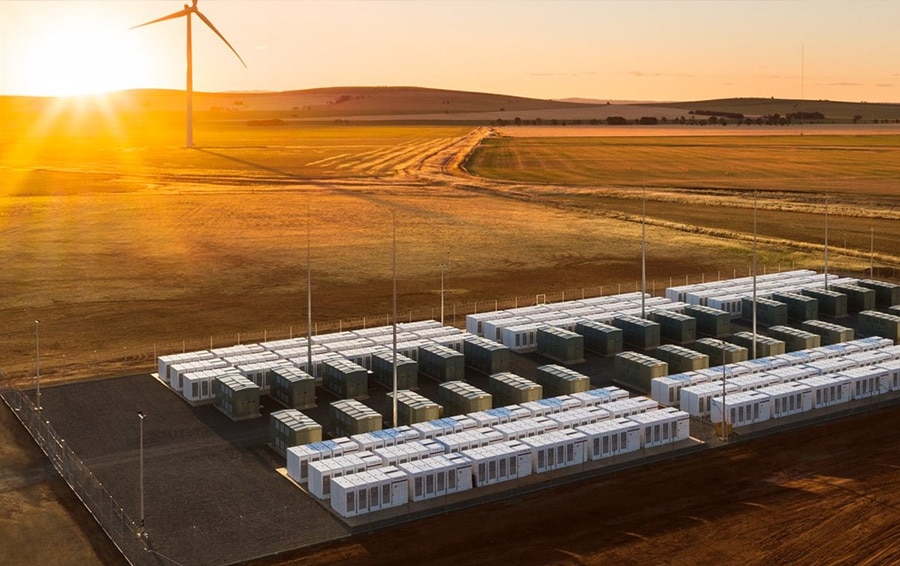The UK government is setting an ambitious vision for a net zero economy and is raising the bar to lead the world in tackling climate change. The latest round of announcements and policies set out in the Net Zero Strategy are certainly aspirational, detailing how future investment, job creation and policies will lead the way to a low carbon and prosperous Great Britain.
The success on that journey, and meeting international goals and national commitments, will be largely determined by our efforts to decarbonise transport.
Announcements on the new zero-emission vehicle (ZEV) mandate and the hundreds of millions of pounds proposed to support electric vehicle uptake and zero emission Heavy Goods Vehicle (HGV) technologies are much needed, as cars and HGVs are currently the largest of our domestic transport emitters. The £2 billion and £3 billion committed respectively to help make half of all journeys in towns and cities cyclable or walkable by 2030 and to create better integrated bus networks will further help our transition to net zero.
However, the strategy, beyond primarily making our cars electric and “gliding silently around our cities”, offers minimal development and detail for the transport market that’s not already been outlined in the Transport Decarbonisation Plan and other recent announcements and policy documents.
Furthermore, whilst this strategy is nationally ambitious, it is heavily dependent upon international commitment and cooperation. The Prime Minister states that by 2050 “our planes will be zero emission allowing us to fly guilt-free” but without global agreement and alignment, we have little control over the planes in our skies. Unless, of course, we plan on putting a final nail in the coffin of our aviation industry by banning anything other than electric aircraft from UK airports.
Struggling airlines across the world have been forced to temporarily mothball a large number of aircraft, with nearly 30% of British Airways planes inactive as recently as September. Given the long asset lifecycle and return on investment periods on aircraft, it requires relevant incentives and major investment by airlines to transition to zero emission planes and make many of their existing assets obsolete in the process.
The same challenges are faced by our maritime industry, where we must now plot a course to net zero based on international companies, multinational supply chains and where, again, new zero emissions vessels will be required.
We will need to internationally build on our Jet Zero Strategy, Maritime 2050 and the Clean Maritime Plan by ensuring international cooperation in making similar decarbonisation commitments, holding both countries and private companies to account.
Similar asset lifecycles and challenges face our rail network, where we have already committed to net zero emissions by 2050 through a sustained, long-term programme of investment in rail electrification, supported by deployment of battery and hydrogen-powered trains. Here we need a better understanding of current and future travel habits among different passenger demographics, the increased movement of goods across our network, and the creation of a more innovative, adaptable and commercially viable industry to deliver decarbonisation. By leading the way domestically, we can share best practice globally.
We can’t wait for silver bullets
There are a lot of lofty ambitions for our transport sector, as detailed in the UK’s 2050 goals, but these face huge hurdles to be feasible.
Without better data-led decisions today, utilising technology available now, to drive the dramatic drop in emissions needed in the next 5-7 years, we will fail to achieve these goals. Therefore, we cannot simply wait for silver bullets or focus simply on domestic innovation and initiatives.
At a recent rail conference, GHD proposed a framework for decarbonisation based on integration, transparency and incentivisation. We included proposals such as a new holistic regulatory model for transport decarbonisation, carbon labelling on travel tickets, and a clearer business case to drive the conversion to zero emission vehicles, particularly for freight movement. Much of this framework could be translated to the international transport market to drive the necessary behaviours, decisions and outcomes for the decarbonisation of all transport sectors across the globe.
In less than two weeks, world leaders will meet in Glasgow for COP26. We must hope that international collaboration and equal commitments are made. Otherwise, the UK’s Net Zero Strategy will only get us part of the way to a carbon free economy and we will likely deviate on our transport net zero journey and diminish our ability to tackle global climate change.
Jonathan Edwards, Transportation Market Leader – EMEA, GHD






